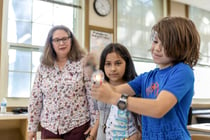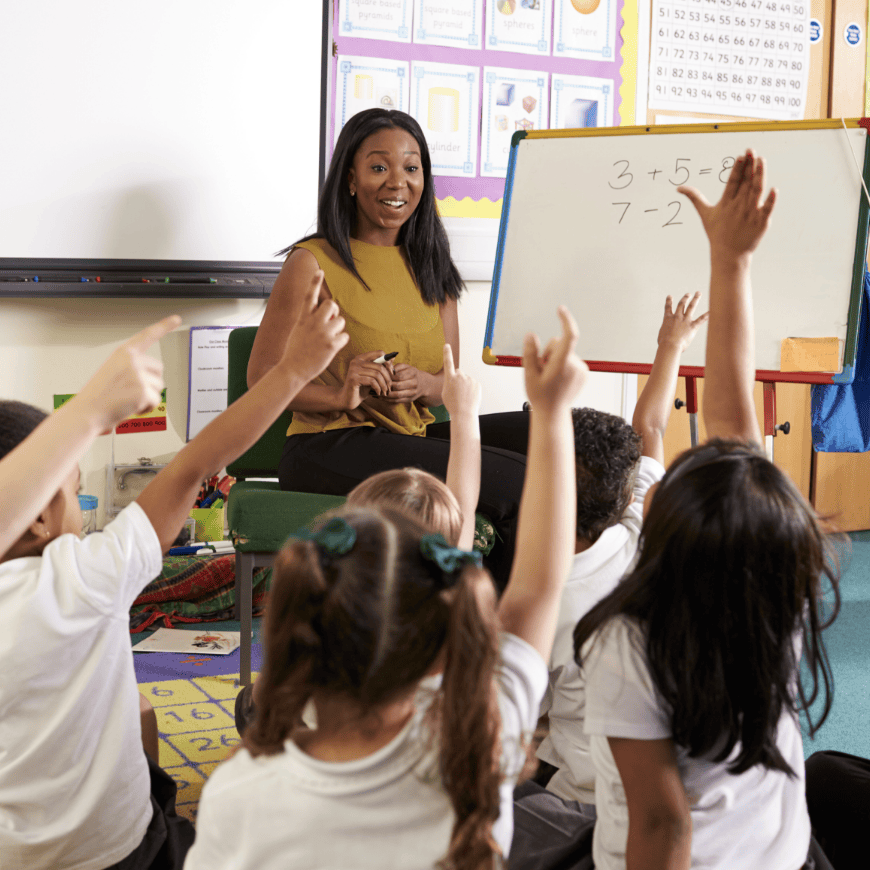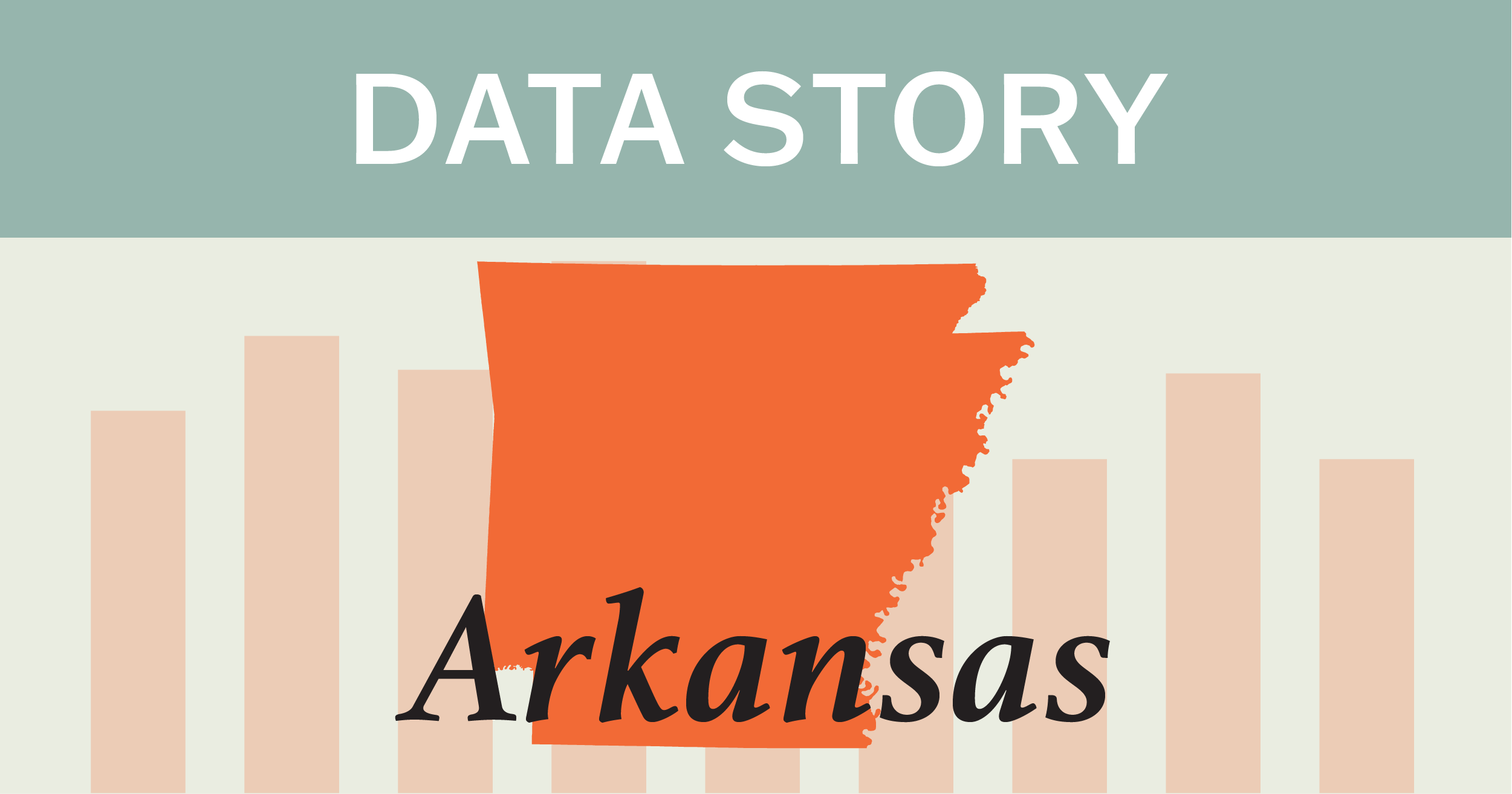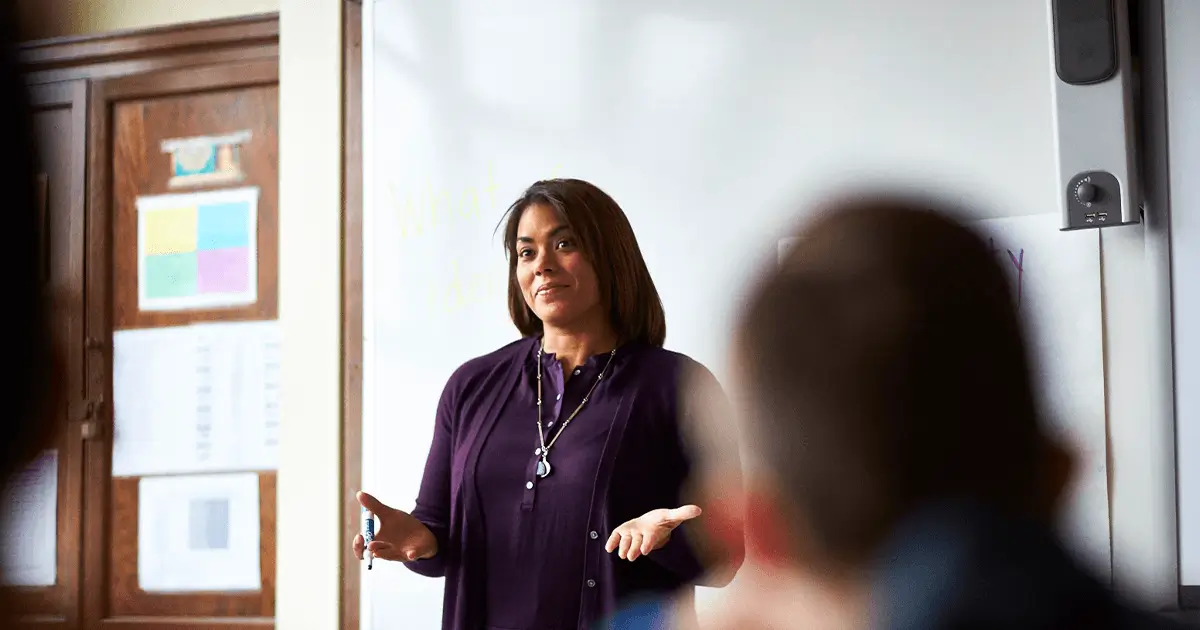Posted in: Aha! Blog > Eureka Math Blog > Student Engagement Professional Development Data Stories > Educators Embrace Knowledge-Building Curricula, from Math Sprints to Playground Conversations
Improved achievement on state tests tell part of the success story at Capitol Collegiate Academy, a K–8 public charter school in Sacramento, California, that first began using Eureka Math® and Wit & Wisdom® during the 2017–2018 school year.
School Profile
425 students
Approximately 90% low income
Approximately 10% students with disabilities
Adopted Eureka Math and Wit & Wisdom for use during the 2017–2018 school year for grades K–6, grade 7 in 2018–2019, and grade 8 in 2019–2020.
In math, scores in grades 3–6 increased by an average of 7.7 percentage points between school years 2017–2018 and 2018–2019, the last year with state test results. Grade 3 gained 20.4 percentage points. In English language arts (ELA), scores in grades 3–6 increased an average of 20.2 percentage points. Again, grade 3 led the growth, with gains of 37.3 points. (The pandemic disrupted state assessments in 2019–2020 and 2020–2021.)
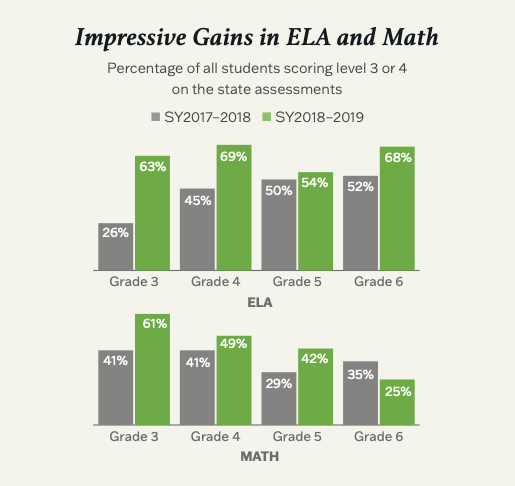
While these improvements in student achievement are impressive, Capitol Collegiate educators also highlight examples of students building knowledge and applying their new knowledge in and out of the classroom.
With Wit & Wisdom:
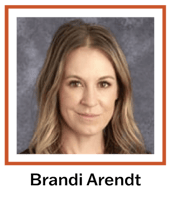 Students’ vocabularies are growing. Brandi Arendt, a 14-year veteran teacher who became an instructional coach in the 2021–2022 school year, has loved hearing her grade 3 students use their vocabulary in everyday conversation, such as talking about being “out on the vast playground.” She says, “Our scholars just love the books and being able to make connections from one lesson to the next.”
Students’ vocabularies are growing. Brandi Arendt, a 14-year veteran teacher who became an instructional coach in the 2021–2022 school year, has loved hearing her grade 3 students use their vocabulary in everyday conversation, such as talking about being “out on the vast playground.” She says, “Our scholars just love the books and being able to make connections from one lesson to the next.”
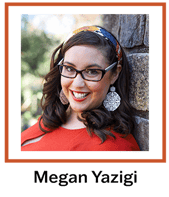 Students are engaging in deeper conversations and authentic learning experiences. “Students are talking about the work in and out of the classroom. They’re having great, authentic learning experiences,” says Megan Yazigi, assistant principal of instruction.
Students are engaging in deeper conversations and authentic learning experiences. “Students are talking about the work in and out of the classroom. They’re having great, authentic learning experiences,” says Megan Yazigi, assistant principal of instruction.
"Students are talking about the work in and out of the classroom. They're having great, authentic learning experiences."
—Megan Yazigi, assistant principal of instruction
With Eureka Math:
- Students are also discovering joy in math. “The fluency activities are a joyous part of instruction,” says Yazigi. “Students do them during recess. Kindergarteners use dance moves to practice math facts. They think they’re having a party,” she says.
 Students are thriving with coherent, knowledge-building instruction. “The coherence is the biggest selling point for me,” says Ryan Reynolds, who’s in his seventh year at the school, the last two as the math coach. “You really see the growth two years later,” he says, after students have mastered foundational skills and learned key problem-solving methods such as number bonds.
Students are thriving with coherent, knowledge-building instruction. “The coherence is the biggest selling point for me,” says Ryan Reynolds, who’s in his seventh year at the school, the last two as the math coach. “You really see the growth two years later,” he says, after students have mastered foundational skills and learned key problem-solving methods such as number bonds.
These accomplishments are gaining attention. The school won the California Charter School Association’s Charter School of the Year Award in 2021.
Watch this video to hear more from students, parents, and educators at Capitol Collegiate Academy.
Departmentalizing Was a Game Changer
Yazigi says the school adopted the knowledge-building ELA and math materials because educators’ home-grown lessons were not providing the necessary rigor. “We loved the strong alignment with the standards, the knowledge building, the complex texts,” she says.
But, Yazigi adds, the real game changer occurred in year two of implementation, when the school departmentalized instruction for grades 3–8. (It did the same for grades K–2 in school year 2021–2022.) At each grade, one teacher was responsible for math and science, the other for ELA and social studies. “It allowed teachers to really focus, and it set clearer planning expectations,” she says.
The change gave teachers more time to personalize each lesson, which Reynolds agrees has been key to educators’ growth. “You gotta do the work,” he says. “This math is different from how we were taught in school.”
Arendt agrees. “You really need to use the protocols to think through and plan ahead. It’s hard, but you’ll see the growth and progress in your classes.”
At the same time as the school departmentalized instruction, it also began using instructional coaches such as Reynolds and Arendt to help teachers plan each lesson and to provide ongoing support throughout the year. All teachers receive at least three weeks of professional development before school starts. Throughout the year, coaches regularly observe in classrooms and offer personalized suggestions to help teachers strengthen instruction.
Internalizing the Why Behind the Curricula
Capitol Collegiate leaders have spent a lot of time helping teachers understand why a knowledge-building curriculum so effectively helps students build skills as well as knowledge. In math, “the biggest hurdle was to help teachers internalize the why of each lesson, and not treat the detailed Implementation Guide as a script,” Reynolds says. “Usually by the second year, teachers have internalized the curriculum,” he says.
"The biggest hurdle was to help teachers internalize the 'why' of each lesson, and not treat the detailed Implementation Guide as a script."
—Ryan Reynolds, math coach
In ELA, a key challenge has been to maintain the rigor, even for students who are struggling, Arendt says. That means resisting the temptation to revert to “drill and kill” instruction and keeping expectations high. Teachers use strategies built into Wit & Wisdom such as shared reading, echo reading, choral reading, and partnering to help students who may start the grade with knowledge gaps or are still learning to speak English.
Collaboration among educators has also helped with implementation. “We have protected time for planning,” says Arendt. “It’s a lot of work, but when everyone is doing the hard work together, it feels meaningful. We’re all driving toward a common goal.”
At Capitol Collegiate, that common goal is preparing all students “to compete, achieve, and lead in high school, in college, and in life.”
Submit the Form to Print
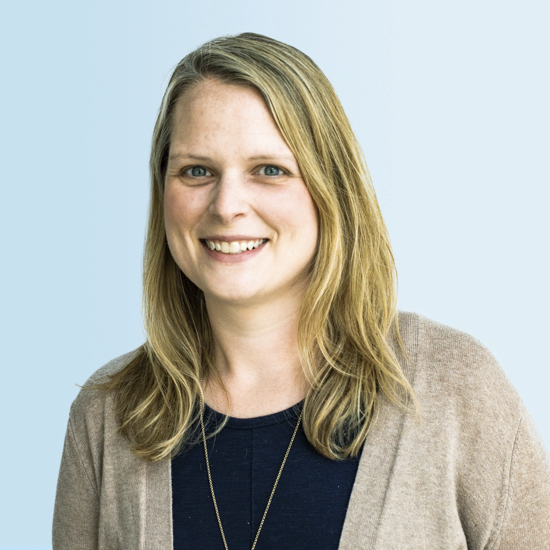
Jenny Taylor
Jenny has over a decade of experience in education policy and research. She has worked with states and districts on the development and implementation of college and career readiness policies, especially around the implementation of rigorous standards and high-quality instructional materials. She has extensive knowledge about K–12 standards, graduation requirements, assessments, and accountability systems nationwide. Additionally, she has conducted research for school districts to address pressing needs in those districts. Jenny received her B.A. in English and education from Bucknell University and her M.Ed. in education policy from the University of Pennsylvania Graduate School of Education.
Topics: Student Engagement Professional Development Data Stories

